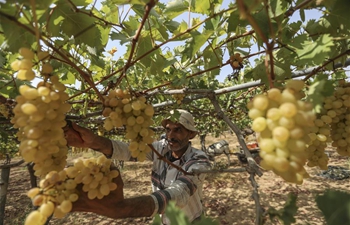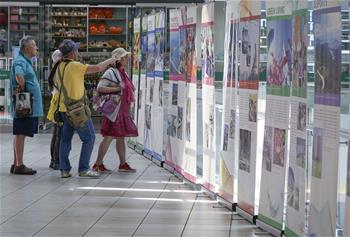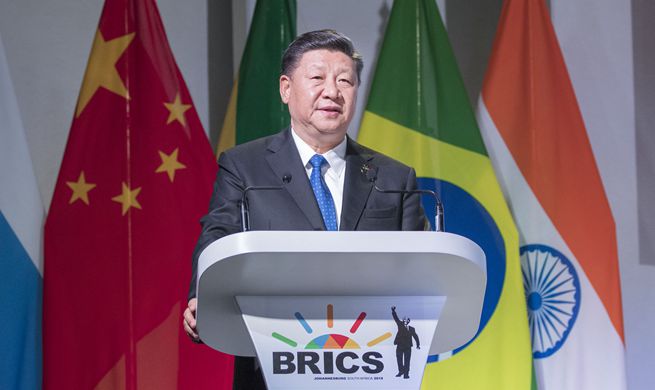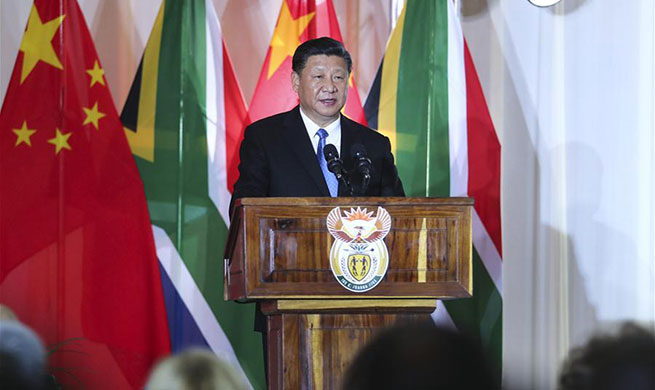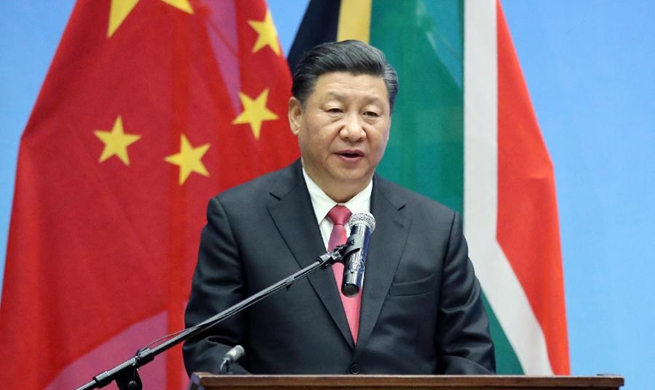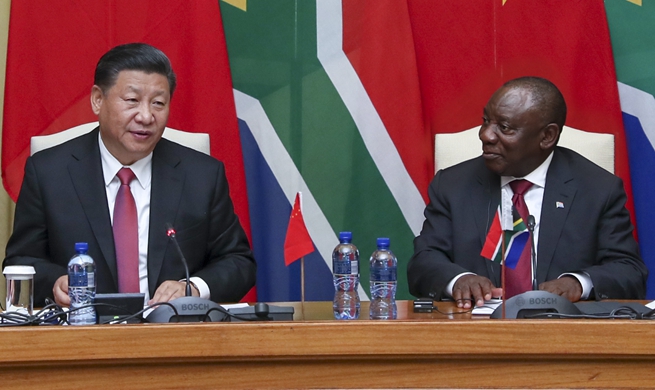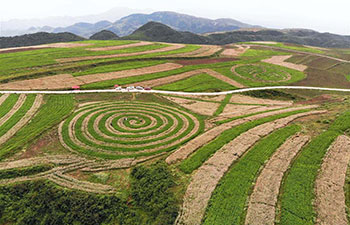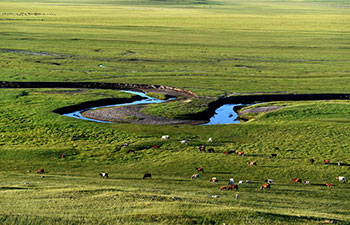NAIROBI, July 26 (Xinhua) -- The UN Development Program (UNDP) on Thursday launched a 4 million U.S dollar program for environmental conservation in Kenya.
Deputy Country Director at UNDP Kenya Catherine Masaka said the Small Grants Program (SGP) will help in conserving the degraded environment that poses life-threatening challenges to people.
"The grants will enable communities develop and implement projects that mitigate degradations, support ecological life systems and protect human dignity," Masaka said during the launch of the 6th phase of the Global Environment Facility (GEF) and the UNDP's Small Grants Program in Nairobi.
She said the GEF's 6th phase is to enhance the socio-ecological resilience of Lake Bogoria ecosystem in southwestern Kenya, the Mijikenda Kay forest and the biodiversity-rich marine ecosystem of the Shimoni-Vanga in southwestern Kenya.
Masaka called for the full involvement of local communities in environmental management right from the program's onset, since they understand and appreciate the connectedness of environment with their livelihoods and general well-being.
"Indigenous people and local communities have a vital part to play in the global effort to protect biodiversity, address climate change and promote sustainable land use," Masaka said.
She noted that the effective engagement of local communities in the conservation of resources is essential for a country's socio-economic development.
The UN official noted that projects designed and executed by local communities who have overcome multiple challenges succeed because they understand their natural resources and their cultural heritage better.
She said that poor and vulnerable communities are most at risk because they depend on access to natural resources for their livelihoods and often live in fragile ecosystems.
Local communities are the custodians of the world's remaining natural resources including forests, water-bodies, land and the atmosphere, Masaka said.
"The UNDP strongly supports community-based approaches because they help national governments to advance people-centered development solutions," she added.
Cabinet Secretary for Environment and Forestry Keriako Tobiko said that the three selected projects presents different levels of biodiversity loss and land degradation that has been exacerbated by climate change.
"The areas provide important ecosystem services to the country and are essential for the livelihoods of pastoral, agricultural and fisher communities," he said.
Tobiko noted that although the agricultural sector is a major driver of the economy, food production has been declining due to over-reliance on rainfed agriculture, low adoption of technology and overuse and misuse of agro-chemicals.
"The project will promote indigenous food consumption and diversification of staple foodstuffs, applications of sound agro-ecological practices and principles, support sustainable grazing practices and herd management and strengthen governance of beach management units for improved management of fisheries," Tobiko said.


